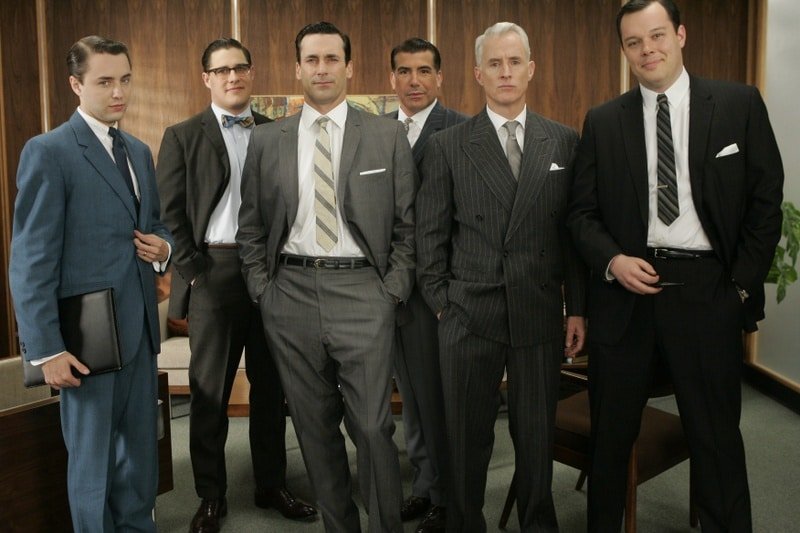
We need a vagina in the meeting
Saskia Jones
17/12/2018
As we endeavour to encourage more women to enter and succeed in our industry, are some of our efforts actually in danger of having the opposite effect? asks Saskia Jones, Data Strategy Director and Partner at BBH.
I took exams, I got a grade. I was objectively better or worse than my peer group. Simple.
I kind of thought that’s how it would always be. That your achievements, your career, and ultimately how you progressed in life would largely be defined by your merit.
I’ve been fortunate enough that until recently I didn’t really consider gender to have impacted upon that. Be that positively or negatively.
And then this happened: ‘We need a vagina in the room, we’ve got too many men.’ Or ‘you can break the news better to him because you’re a woman’.
Tokenism happened.
There are many definitions but it broadly means: “actions that are the result of pretending to give advantage to those groups in society who are often treated unfairly, in order to give the appearance of fairness.”
Two important points here.
A lot of this is done in jest.
A lot of this is done with good intentions, to overcorrect in order to drive change, faster.
But both of those things come with problems.
Equality? Far from it
The irony is, we’re trying really hard to drive the equality agenda, but we’re doing the opposite. We’re still continuing to drive a divide between men and women by treating them differently rather than equally.
We need to be talking about equality of opportunity not of outcome.
Imposter Syndrome on steroids
Do I think the majority of women in advertising got there because of their reproductive organs? No of course not. But the problem with tokenism is that it makes people question that.
It taints achievements.
Women are already 18% more likely to feel like they’ve got imposter syndrome, and I can tell you from experience, that hearing the words, “we want you here because you’re a woman”, sure as hell doesn’t help that.
So what do I think we need to do?
It’s all about the things that happen way before that meeting that you’re looking for more female body parts for. The things we’re already doing. It’s about continuing to create an industry that welcomes women with open arms. An industry that’s flexible enough to offer them equal opportunities throughout their career.
But all of that groundwork is lost, if we don’t think about our choice of language. Our industry is going through big changes, and we’ve made huge improvements. Don’t let your ill-considered choice of words make the women we’ve already got, question whether it’s their ability or gender that got them there.
